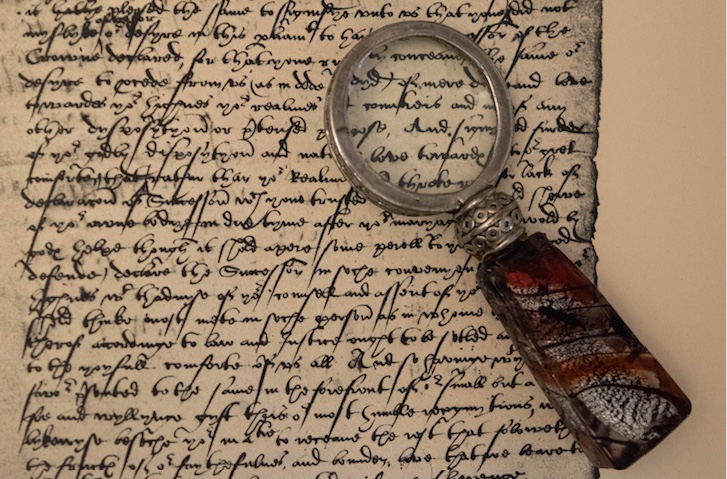A cognitive approach to literary character: Percival as individual and hero in Virginia Woolf's "The Waves"
DOI:
https://doi.org/10.13133/2239-1983/14386Abstract
The understanding of literary character has been, since Aristotle, an issue of debate amongst different schools of thought which, in broad terms, have viewed characters in the novel either as representations of human beings, or as types such as the hero and the false hero, the protagonist and the antagonist, or as explicating a narrative function necessary to plot development. Modernist authors created characters that represent both individuals and heroic types: Leopold Bloom in Joyce’s Ulysses is an ordinary individual incarnating the failure of the Homeric hero. Also in Woolf’s The Waves, we encounter a character whose name is that of the heroic figure of the medieval chivalric romances: Percival, an entirely silent character in an otherwise extremely dialogical and “eyeless book” (i.e. without an ‘I’ narrator; Woolf 1925: 203), who is entirely other-presented by the six speaking characters across their lives. This article aims to suggest how through a cognitive stylistics approach our understanding of Percival arises on the one hand from our background knowledge of the classical/medieval hero, and on the other from the information derived from the six flawed Edwardian characters that construe him. The analysis of Percival carried out here demonstrates how through the six speakers’ indirect presentation our inferencing of this exceptional fictional character calls for a continual process of refreshment from the outset that contributes to forming a mental image of Percival as an individual and as the hero of The Waves.Keywords: indirect characterisation, cognitive linguistics, quantitative and qualitative methods, Virginia Woolf, The Waves.
Downloads
Published
2018-07-31
How to Cite
Balossi, G. (2018). A cognitive approach to literary character: Percival as individual and hero in Virginia Woolf’s "The Waves". Status Quaestionis, (13). https://doi.org/10.13133/2239-1983/14386
Issue
Section
Articles
License
Gli autori che pubblicano su questa rivista accettano le seguenti condizioni:- Gli autori mantengono i diritti sulla loro opera e cedono alla rivista il diritto di prima pubblicazione dell'opera, contemporaneamente licenziata sotto una Licenza Creative Commons - Attribuzione che permette ad altri di condividere l'opera indicando la paternità intellettuale e la prima pubblicazione su questa rivista.
- Gli autori possono aderire ad altri accordi di licenza non esclusiva per la distribuzione della versione dell'opera pubblicata (es. depositarla in un archivio istituzionale o pubblicarla in una monografia), a patto di indicare che la prima pubblicazione è avvenuta su questa rivista.
- Gli autori possono diffondere la loro opera online (es. in repository istituzionali o nel loro sito web) prima e durante il processo di submission, poiché può portare a scambi produttivi e aumentare le citazioni dell'opera pubblicata (Vedi The Effect of Open Access).


